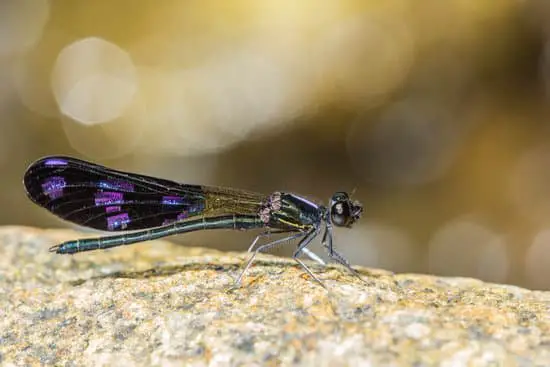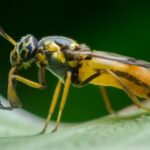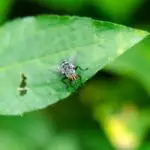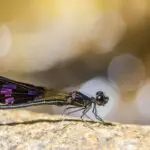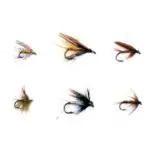How Does Heat Affect Flies?
As temperatures rise and fall, some insects turn indoors to avoid the heat. However, some insects are adapted to living in hot weather. Insects like thrips, aphids, and spider mites can rapidly grow their populations in hot weather. They also change their behavior to avoid extreme temperatures.
Flies can sense changes in temperature through their antennae. These antennae contain neurons that detect temperature changes. They send information to two nearby regions in the fly brain. These areas are known as the PAL or posterior antennal lobe. Scientists have now mapped the circuits in the fly brain that receive these sensory signals. They believe that these circuits regulate the way the fly reacts to changes in temperature.
Higher temperatures can affect a variety of behaviors, including oviposition and mating. They may also cause a change in thermostatic behavior. Furthermore, insects may not be able to recover fully from thermal damage. This can affect the reproductive system, immune system, and biomacromolecular synthesis. Some insects are highly sensitive to temperature extremes and have developed strategies to withstand these conditions.
Researchers have found that high temperatures reduce the life span of some insects. For example, in southern China, B. tau pupates at low temperatures but does not grow well at temperatures above 34 degC. Therefore, this species may experience short-term heat stress in warmer climates.
